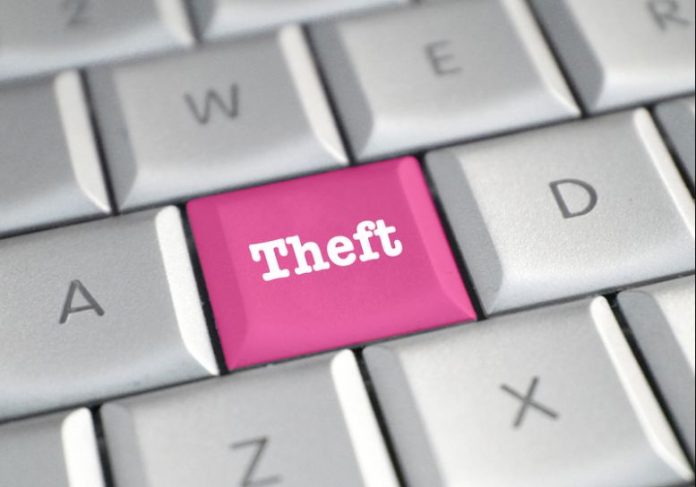On the internet, no one can hear you speak. Well, most of the time they don’t unless you are using VoIP or something. Also, no one can look at your face (unless you’re using a webcam), interpret your body language, feel your mood.
On the internet, you are known for your electronic signatures. Those are things like your IP address, your encryption keys, your nicknames, and so forth. Let’s not be too technical here.
It’s just that you should be aware of the risk that all of these things can get forged by some tech-savvy cracker who is interested in fake your identity on the internet..this is known as identity theft.
If in real life someone goes to a friend of yours and claims to be you, and asks to borrow money, he will be rejected on the spot because your friend knows it isn’t you. On the internet, however, this is not so easy to find out.
Anyone who is able to steal and use your credit card number and other details is able to make purchases on your account. There’s no way the credit card company can tell if it’s you or not; they only know you by that number.
How can you take precaution against this kind of thing? Is there any way to stop your identity from being stolen? Well you can’t absolutely guarantee it, but there are certain procedures that reduce the risk of major disasters.
The first you need to do is use passwords to lock down your online presence. Whether it’s your e-mail account you’re trying to access, or getting into your bank account, use good strong passwords.
What do I mean by a strong password? Passwords that are easy to remember are also easy to break. Your mother’s maiden name or the name of your first school, or any such real information that can be fairly easily retrieved by a diligent cracker does not constitute a good password.
Try to use something that is a combination of letters, numbers, spaces, and punctuation marks. This will make it nearly impossible to break. Also, make it as long as possible the longer the better.
It is best to use some kind of encryption software to secure all your online transactions and also the sensitive files on your own hard drive. A very good free program of this type is called GNU Privacy Guard or GPG for short, and you can download it here, for free.
Remember that identity theft is not exclusively a computer-related phenomenon, but can also occur through insecurely handled real-life hard copies of important documents. Use the service of a high-quality paper shredder or an incinerator, and systematically dispose of all your trash.
You never know which little ignored sliver of waste paper contains adequate information to allow someone to bankrupt you or put you behind bars.
If you are using traditional mail for the transaction of important documents, place standing instructions at the post office that you shall pick up all your mail in person. Drop your snail mail into secure mailboxes only, that are placed at busy public locations.

